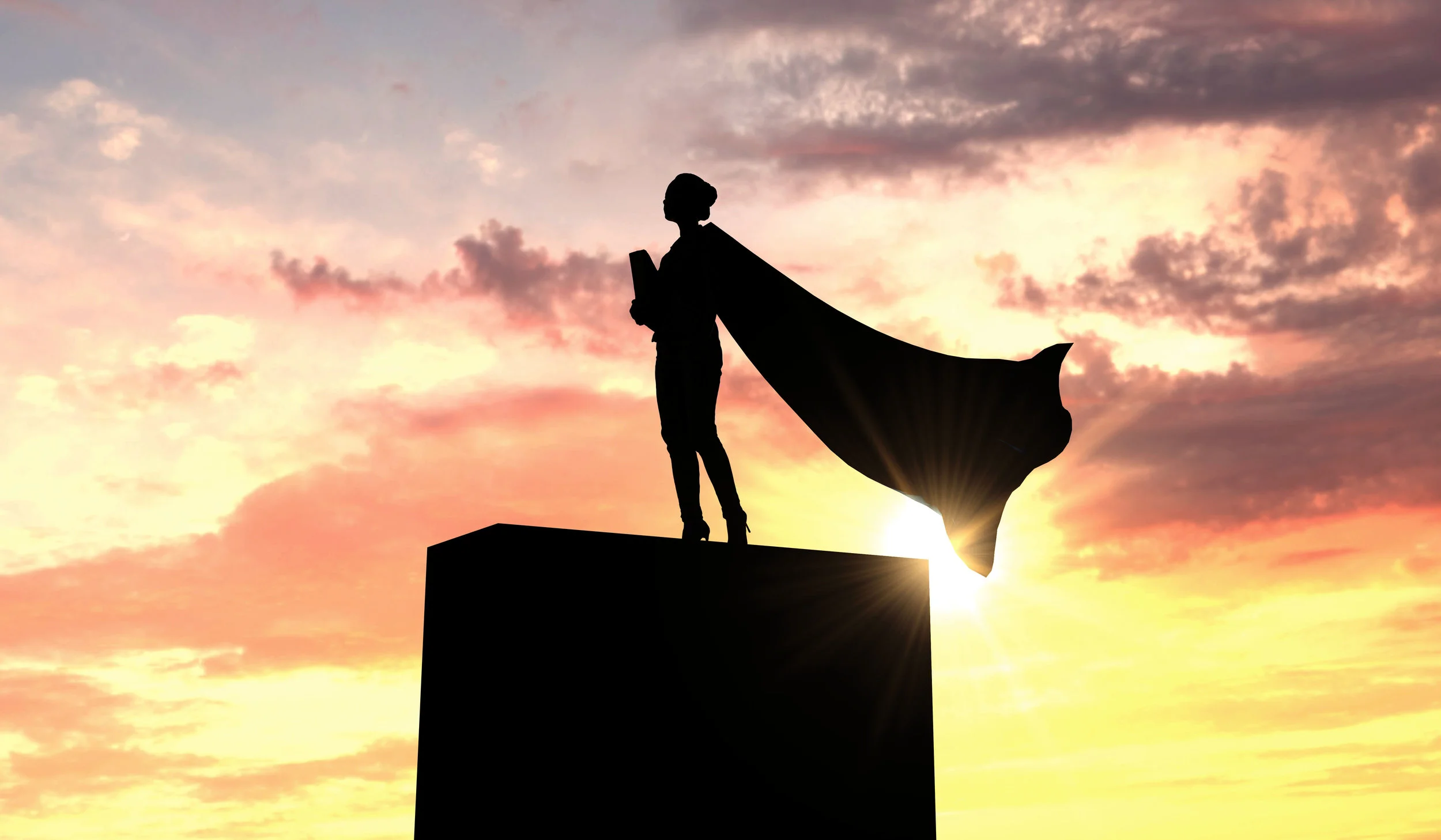The woman woke with the rising of the sun, and by early morning she was busy with her day’s work. Her job was essentially that of a roaming shopper. She traveled with a small group of friends and coworkers, and they visited one favorite haunt after another – gossiping all the while. Some places offered delightful surprises; others were downright shady. She grabbed what she could.
By mid-day she was home, unpacking the morning’s spoils as she shifted her attention to her rambunctious children. She ate a lunch of fresh mushrooms, greens, and frogs’ legs. Her diet and constant exercise kept her as fit as a marathon runner. On this day, like all others, she had her moments of worry and struggle, but she also took time to delight in life’s small pleasures.
This idyllic lifestyle may appear enviable, but don’t quit your job just yet. It likely happened about 30,000 years ago.
This snippet of a day in the life of an ancient forager in the place we now call China is derived from the bestseller Sapiens: A Brief History of Humankind, by Israeli historian Yuval Noah Harari. The book reviews our history as a species and offers some remarkable insights that speak to the nature of modern businesses and institutions, and what makes them tick.
The arrival of a superpower
The first humans appeared about 2.5 million years ago in east Africa. Harari describes them as “animals of no significance,” residing unremarkably in the middle of the food chain for thousands of millennia.
Then, about 70,000 years ago, in the brain of one species of humans – the homo sapiens, a.k.a., you and me – something extraordinary happened. Almost overnight, we acquired two new abilities that would change the world: highly sophisticated language and imagination.
Suddenly, we could communicate in complex, precise ways, about all aspects of existence – and then remember and build upon the details.
This meant that the most important tribal information could be collectively stored and advanced. If, for example, one member survived a close encounter with a tiger at the watering hole at dawn, she could describe the event later around the campfire. In the enlightened imaginations of all who listened, it was as though they too had each felt the tiger’s breath. The storyteller’s lesson was now the tribe’s learning. No one went near the watering hole at dawn again.
The far greater benefit of our new skills, however, was that we could now create entirely new realities, beyond the sum of what our senses told us.
Humans invented fiction, and it opened the door to our domination of the planet.
“Fictions are ideas that we collectively imagine to be real, and that gives them power.”
Ideas rule the world
Humans are the only animals that can communicate about fictions. Religion, law, money, even the USA – none of them exists in exclusively physical terms. They are ideas we collectively imagine to be real, and that gives them power. This love of make-believe is not a fanciful weakness. It is, in fact, our greatest strength.
Fictions enable cooperation at mass scale. Fictions inspire people to work together and to sacrifice in the name of lofty goals. Fictions make it easy to trust total strangers.
For example, our collective recognition of the fiction of money means that a five Euro bill can be passed happily from a Japanese tourist to a Tunisian merchant in exchange for a handmade artifact in Morocco. The fiction of law means an American attorney can peacefully settle a dispute in France with an English businessman who lives in India.
If you hand over a piece of paper with the number “five” on it, you can get a fancy cup of coffee. If instead the same piece of paper were to have the number “ten” on it, you could get two cups. This agreed-upon fiction—the fiction of money—is just one example of how story-driven concepts maintain order in the modern world, quite apart from any inherent physical constraints.
Fictions, married with technological innovation, sparked the agricultural and industrial revolutions, inspired the Seven Wonders, and sent humans to the moon. And, in all cases, they were brought to life through storytelling.
Your fictions, your success
Whether you’re aware of it or not, fictions rule your professional life as well.
If you own a business and your buildings all burned down tomorrow, your company would still remain. Your brand would not be destroyed, your status would not be revoked. You could rebuild. However, if judges or banks should find you in violation of their codes, your brand and your business will die, even as your inventory and assets remain.
If you are building a career, the narrative you project about your value will have profound impact on your outcomes. That failure in your past, or that time you were let go – it’s your call whether such milestones are seen as stumbling blocks or stepping stones. Likewise, the story of your successes can as easily be regarded as evidence of your arrogance as your competence. Decisions on whether you get hired or rejected, promoted or left behind, are made mostly in the murky realm of emotion and feeling.
Your brand – whether it’s your personal brand, your team’s brand, or your company’s brand – is a unique type of fiction that resides in the minds of your most important stakeholders, be they managers, customers, employees, or partners. Like all fictions, they rise or fall on the basis of storytelling, more than any other factor. The challenge is not just to compose the right stories, but to deliver them in ways that people will believe and respond to them.
Your brand is a promise that inspires a person to connect, share, and engage. What is your strategy for bringing it to life? What stories are you telling, and how do you know they’re working?



